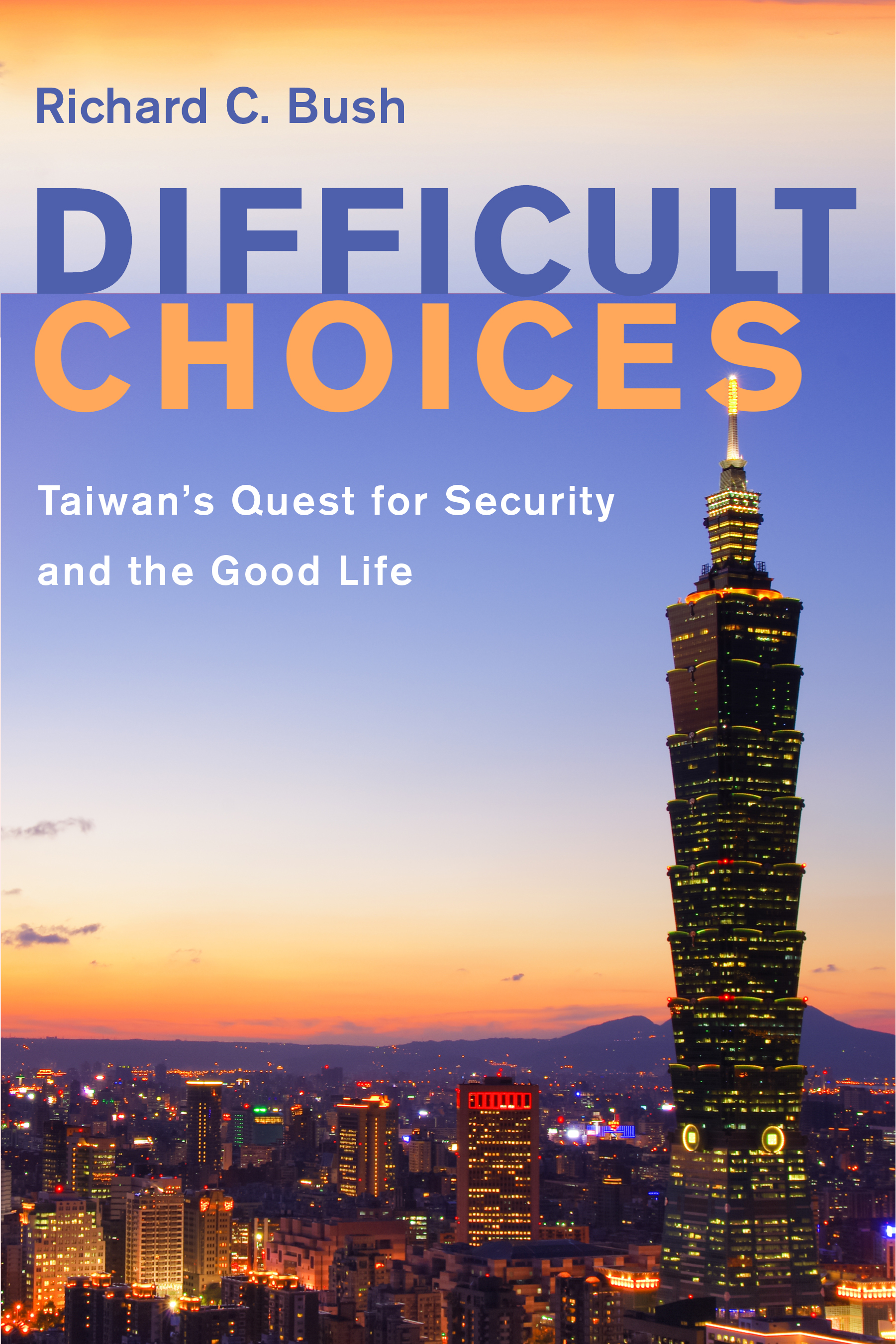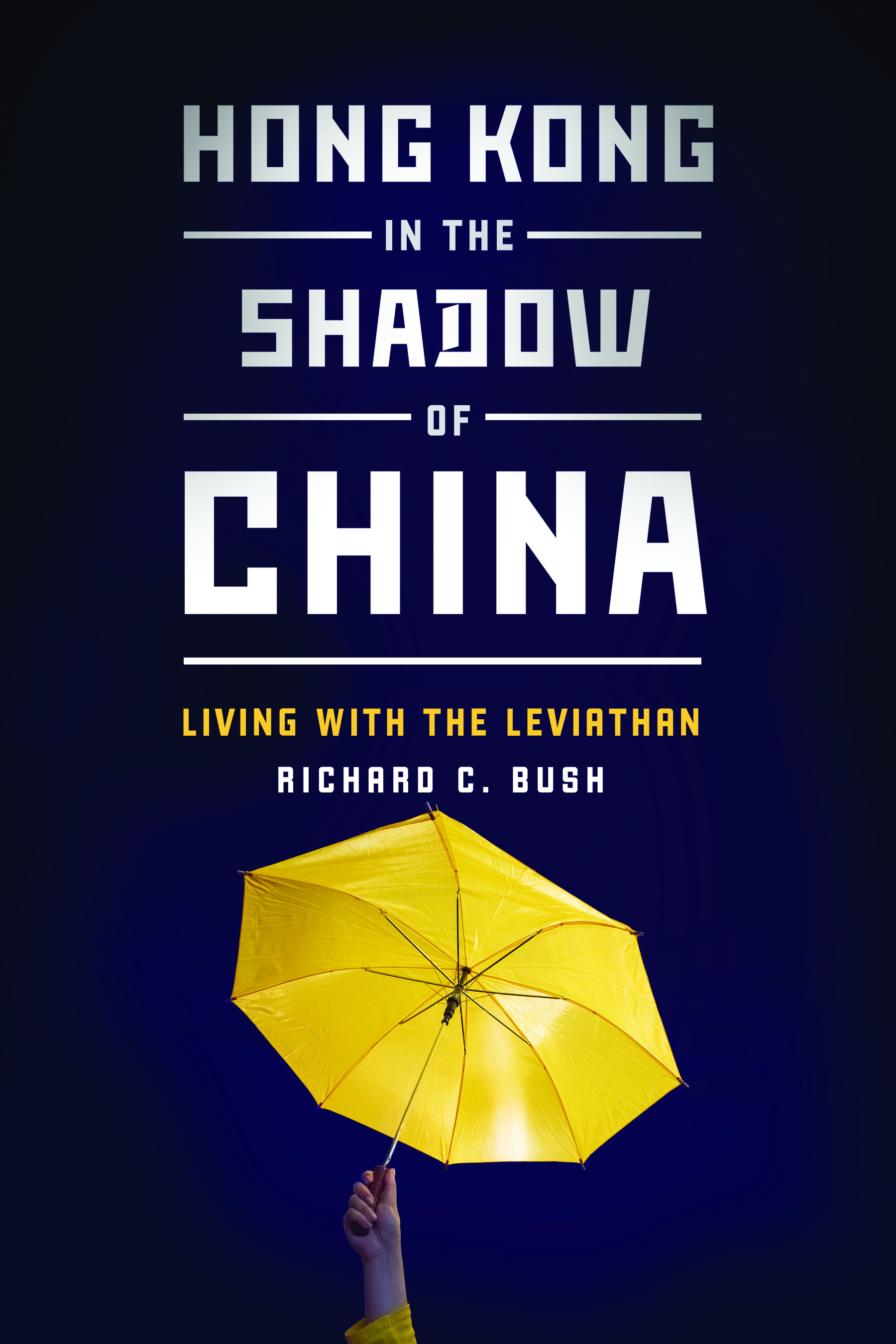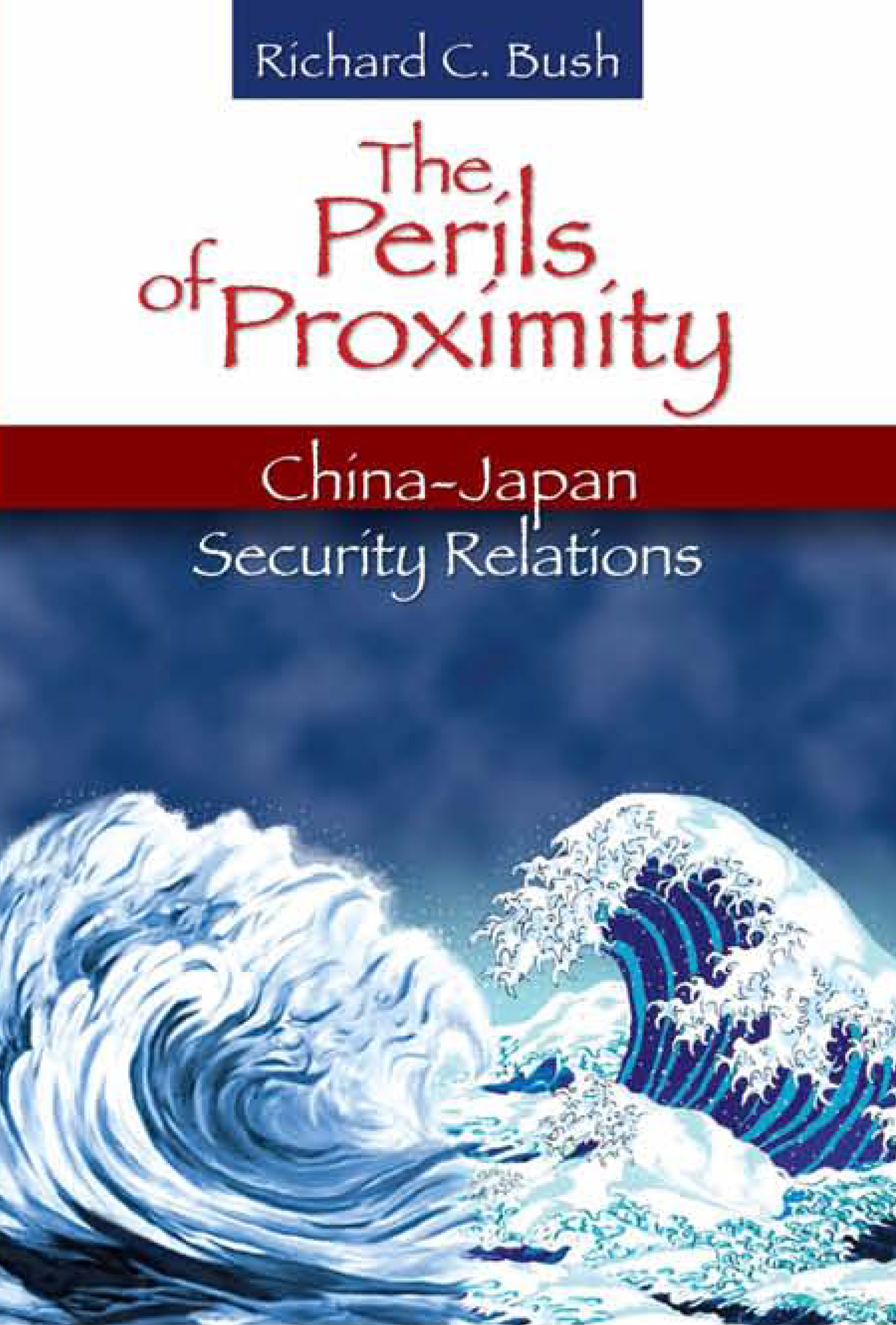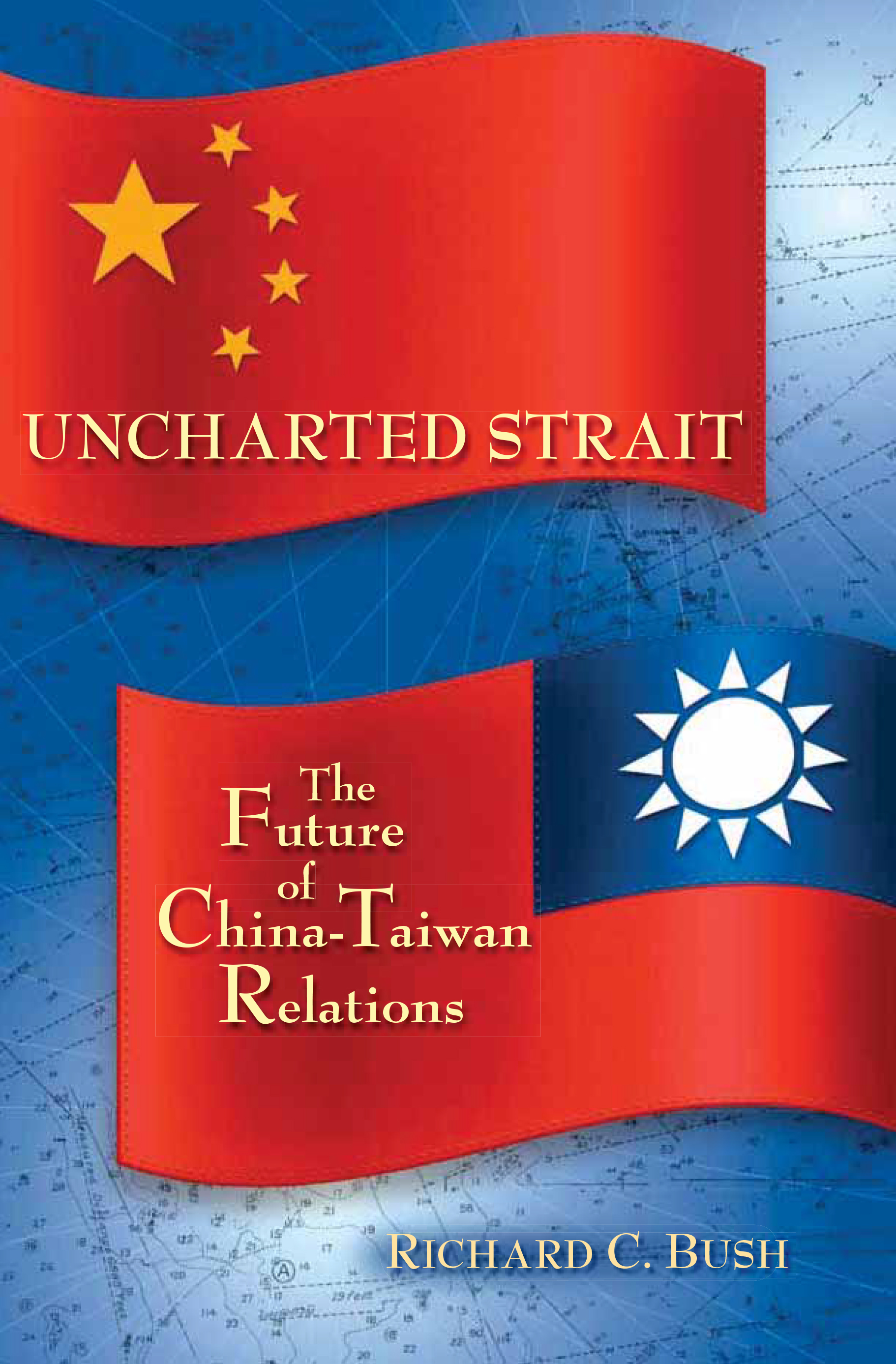Richard C. Bush
Nonresident Senior Fellow - Foreign Policy, Center for East Asia Policy Studies, John L. Thornton China Center
Richard Bush is a nonresident senior fellow in the Center for East Asia Policy Studies (CEAP) at Brookings. From July 2002 to June 2018, he served as the director of the center, and from 2013 until 2020 he served as the inaugural Chen-Fu and Cecilia Yen Koo Chair in Taiwan Studies. He also holds a joint appointment as a nonresident senior fellow in the Brookings John L. Thornton China Center.
Bush came to Brookings in July 2002, after serving almost five years as the chairman and managing director of the American Institute in Taiwan, the mechanism through which the United States government conducts substantive relations with Taiwan in the absence of diplomatic relations.
Bush began his professional career in 1977 with the China Council of The Asia Society. In July 1983, he became a staff consultant on the House Foreign Affairs Committee’s Subcommittee on Asian and Pacific Affairs. In January 1993, he moved up to the full committee, where he worked on Asia issues and served as liaison with democratic members. In July 1995, he became national intelligence officer for East Asia and a member of the National Intelligence Council (NIC), which coordinates the analytic work of the intelligence community. He left the NIC in September 1997 to become head of American Institute in Taiwan.
He is the author of a number of articles on China’s relations with its neighbors, particularly Taiwan. He is author of "At Cross Purposes: U.S.-Taiwan Relations Since 1942," a book of essays on the history of America’s relations with Taiwan published in March 2004 by M.E. Sharpe; and of "Untying the Knot: Making Peace in the Taiwan Strait," a book on cross-Strait political relations published by the Brookings Institution Press in July 2005. Bush co-wrote "A War Like No Other: The Truth About China’s Challenge to America" (Wiley, 2007), which examines the challenges that the United States faces in avoiding conflict and developing its relationship with China, with Brookings scholar Michael O’Hanlon. He is the author of "Perils of Proximity: China-Japan Security Relations" (Brookings, 2010); "Uncharted Strait: The Future of China-Taiwan Relations" (Brookings, 2013); and "Hong Kong in the Shadow of China: Living with the Leviathan" (Brookings, 2016), a study of recent developments in Hong Kong and its political and economic future. In March 2021, he published his latest book about Taiwan, "Difficult Choices: Taiwan’s Quest for Security and the Good Life," which explores how Taiwan's democratic system is meeting current policy challenges.
Richard Bush received his undergraduate education at Lawrence University in Appleton, Wisconsin. He did his graduate work in political science at Columbia University, getting a master’s in 1973 and his doctorate in 1978.
Affiliations:
Council on Foreign Relations, member
National Committee on United States-China Relations, member
Taipei Forum Foundation, board member
Richard Bush is a nonresident senior fellow in the Center for East Asia Policy Studies (CEAP) at Brookings. From July 2002 to June 2018, he served as the director of the center, and from 2013 until 2020 he served as the inaugural Chen-Fu and Cecilia Yen Koo Chair in Taiwan Studies. He also holds a joint appointment as a nonresident senior fellow in the Brookings John L. Thornton China Center.
Bush came to Brookings in July 2002, after serving almost five years as the chairman and managing director of the American Institute in Taiwan, the mechanism through which the United States government conducts substantive relations with Taiwan in the absence of diplomatic relations.
Bush began his professional career in 1977 with the China Council of The Asia Society. In July 1983, he became a staff consultant on the House Foreign Affairs Committee’s Subcommittee on Asian and Pacific Affairs. In January 1993, he moved up to the full committee, where he worked on Asia issues and served as liaison with democratic members. In July 1995, he became national intelligence officer for East Asia and a member of the National Intelligence Council (NIC), which coordinates the analytic work of the intelligence community. He left the NIC in September 1997 to become head of American Institute in Taiwan.
He is the author of a number of articles on China’s relations with its neighbors, particularly Taiwan. He is author of “At Cross Purposes: U.S.-Taiwan Relations Since 1942,” a book of essays on the history of America’s relations with Taiwan published in March 2004 by M.E. Sharpe; and of “Untying the Knot: Making Peace in the Taiwan Strait,” a book on cross-Strait political relations published by the Brookings Institution Press in July 2005. Bush co-wrote “A War Like No Other: The Truth About China’s Challenge to America“ (Wiley, 2007), which examines the challenges that the United States faces in avoiding conflict and developing its relationship with China, with Brookings scholar Michael O’Hanlon. He is the author of “Perils of Proximity: China-Japan Security Relations” (Brookings, 2010); “Uncharted Strait: The Future of China-Taiwan Relations” (Brookings, 2013); and “Hong Kong in the Shadow of China: Living with the Leviathan” (Brookings, 2016), a study of recent developments in Hong Kong and its political and economic future. In March 2021, he published his latest book about Taiwan, “Difficult Choices: Taiwan’s Quest for Security and the Good Life,” which explores how Taiwan’s democratic system is meeting current policy challenges.
Richard Bush received his undergraduate education at Lawrence University in Appleton, Wisconsin. He did his graduate work in political science at Columbia University, getting a master’s in 1973 and his doctorate in 1978.
Affiliations:
Council on Foreign Relations, member
National Committee on United States-China Relations, member
Taipei Forum Foundation, board member

Taiwan was a poster child for the “third wave” of global democratization in the 1980s. It was the first Chinese society to make the transition to democracy, and it did so gradually and peacefully. But Taiwan today faces a host of internal issues, starting with the aging of society and the resulting intergenerational conflicts over spending priorities.
Difficult Choices explores the broad range of issues and policy choices Taiwan confronts and offers suggestions both for what Taiwan can do to help itself and what the United States should do to improve Taiwan’s chances of success.

















